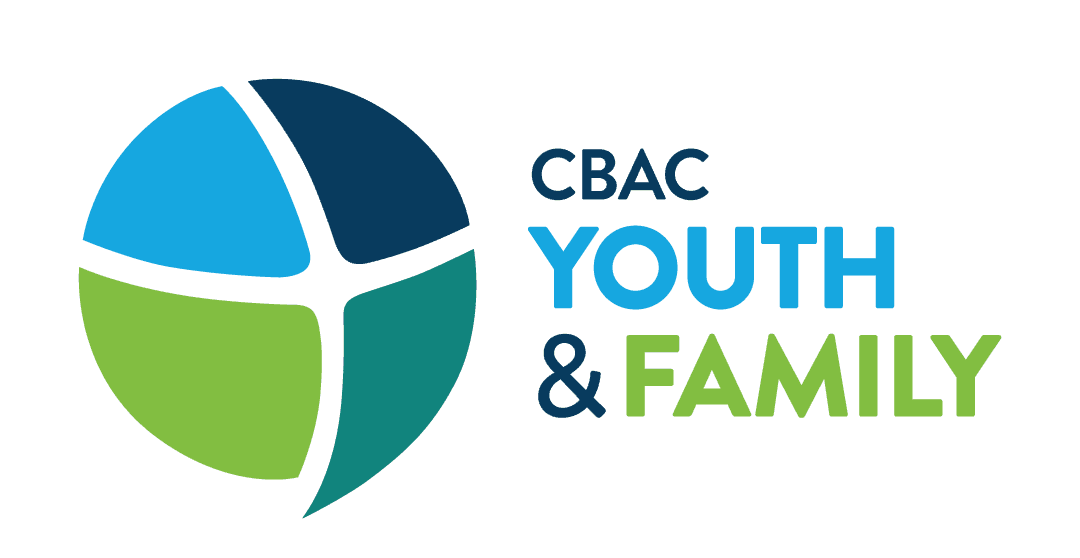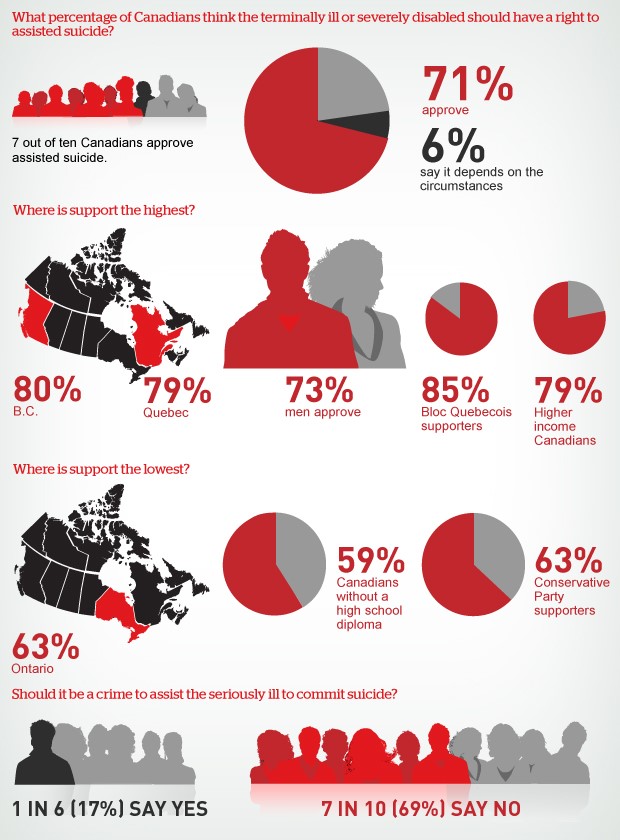As we continue our hot topic series on the blog, I am pleased to have Lois Mitchell as our guest blogger today. Lois is the Director of Public Witness and Social Concerns at the Convention of Atlantic Baptist Churches and the Director of International Studies at St. Stephen’s University. Lois has helped leaders, churches and myself personally, wrestle with numerous issues of our day. I appreciate Lois’ heart that seeks to find the middle-way, the Jesus way, of both grace and truth.In the news recently we have been hearing a lot about physician assisted dying. Lois helps us look at this hop topic from a fresh perspective.
Here is Lois:
We only have one life. At least that’s what the bible says. Hebrews 9:27a (GNB) says simply, “Everyone must die once.” It’s pretty straightforward. One life. One death. But there is more. Death is not the end. It’s not the period at the end of the sentence, but a comma that marks the transition between this life and the next phase of eternal life. The grave is not the end. Life. Death. Life.
At this point I could go in different directions with this post. But I’ll get right to the point. I don’t want to talk about life or death, or life after death. I want to focus on the intersection of our earthly life and death – the comma. We’re all going to be there someday – even now, we’re approaching death (or, I suppose, some might think of it more as waiting as death approaches us).
I imagine that we’ll all have lots of opportunities to think about death as we watch loved ones get old and die or get sick and die or die suddenly and unexpectedly in accidents or other tragedies. Death is inevitable and unavoidable. And it’s hard, however it happens, to lose people we love, no matter the circumstances.
Life and death don’t happen in a vacuum. Every birth and every death has repercussions. We are part of a social fabric. Every thread contributes to a beautiful and dynamic whole. WE are part of a tapestry. Every one of us is woven in, held in place by the lives of those around us.
You may have heard that the Government of Canada has introduced legislation to make physician-assisted suicide/death legal. Bill C-14 was introduced in the House of Commons on April 14, 2016. I won’t go into detail about what it says or how we have come to this point in Canada. What fascinates me is public opinion on the concept of physician-assisted death (note that until the last year or so, we talked about physician-assisted SUICIDE but now it appears that the more polite term is physician-assisted death – hmm, interesting).
Those that think it’s a good idea to allow doctors to help people end their lives, usually offer four general arguments (AND PLEASE NOTE THAT I AM NOT PROMOTING THESE ARGUMENTS; QUITE THE OPPOSITE, SO READ ON!):
1. Quality of Life – In our secular society there is a sense that we all deserve to be “happy” and being happy implies that we have a right to live and die as we wish (without, by the way, regard for how our decisions affect other people). Unhappiness can come from all different sources – we might be disabled or sick or sad or depressed or in chronic pain. And if any of this diminishes our quality of life, well… there’s no sense carrying on. Might as well just end it and be done with it. No one should have to live if they don’t want to.
2. Dying with dignity – If a person is not mentally competent or physically able to care for him/herself, they no longer have dignity and every effort should be made, even before they get to that state, to allow them to “die with dignity”. In our individualistic, rights-based society, independence is seen as a personal and social good. It is undignified to be dependent on others, and especially to depend on them for our basic, personal care. In fact, we tend to see dependence as weakness and thus, for those who have become dependent through age or mental or physical infirmity, it is assumed that life can no longer be good.
3. Avoidance of suffering – suffering is something to be avoided if at all possible. No one wants to suffer. And why should we? If a beloved pet is sick or old and can’t be cured, we see it as the compassionate thing to do to put it out of its suffering. Why should we treat our loved ones any differently? And suffering comes in all kinds of forms. If life is unbearable for any reason, the compassionate thing to do is to help people end the suffering.
4. Caring for others is burdensome – we lead busy lives. When people can’t look after themselves, they’re a burden and we don’t have time for burdens. There are institutions to look after burdensome people. Modern medicine has actually prolonged the dying process and that’s a burden for all of us. Why should we strive to keep people alive if they’re going to die anyway? No need to feel guilty about it. No one really wants to be a burden.
Maybe this all sounds reasonable to you. It’s what secular society has been telling us and now polls show that the majority of Canadians agree with this line of thinking. It sounds sensible. It seems right. But it’s a lie. No matter how many people agree with it, it’s still a lie. Here’s what the bible says:
• we are created in the image of God (Gen. 1:26-7);
• human life is a sacred gift – God created us – he knew us before we were born; he knit us together in our mothers womb (Psalm 139:13);
• our life is not our own and our bodies are temples of the Holy Spirit (1Cor. 6:19-20);
• nowhere does Jesus tell us that life will be easy. In fact, He says in John 16:33 that in this world we will “have trouble”. Hebrews 12:1 tells us to “run with perseverance [or determination] the race that is set before us.” Jesus doesn’t promise to remove every obstacle and hardship, but to be with us as we face the troubles of life;
• caring for one another is at the heart of the Christian life (Matthew 22:36-40).
These are really just a few thoughts – a few scratches on the surface – of a profound theological perspective, which has often been silenced by the seductive and deceptive voices within our cultural narrative that presume that God (if he exists at all) is irrelevant to the moral and social challenges of our time. We should not be fooled.
Apparently there are toxic plants that mimic edible plants – they look almost the same. But ingesting one is good for you; ingesting the toxic lookalike can be fatal. Secular arguments are often clever imitators of the wisdom of God, but they can be toxic and even fatal.
ON Feb. 5, 2016 – the day before the unanimous Supreme Court decision in favor of Carter in the case known as Carter vs. Canada – Raymond de Souza identified 3 revolutions in jurisprudence that would be made if the Court ruled in Carter’s favor:
a. Abandoning the legal principle that every life is always a good to be protected,
b. Embracing the idea that suicide is a social good, and
c. Removing the particular obligation of the law to protect the weak and vulnerable.
Delight in God and the gift of your one life to live. Care for your neighbours – the sick, the lonely, the dying… and resist the temptation to be swept along with pragmatic arguments that turn love and compassion upside down and inside out.
Feel free to add your comments for Lois, Andrew and I.
-Renée @r_embree
#1neighbourhood


